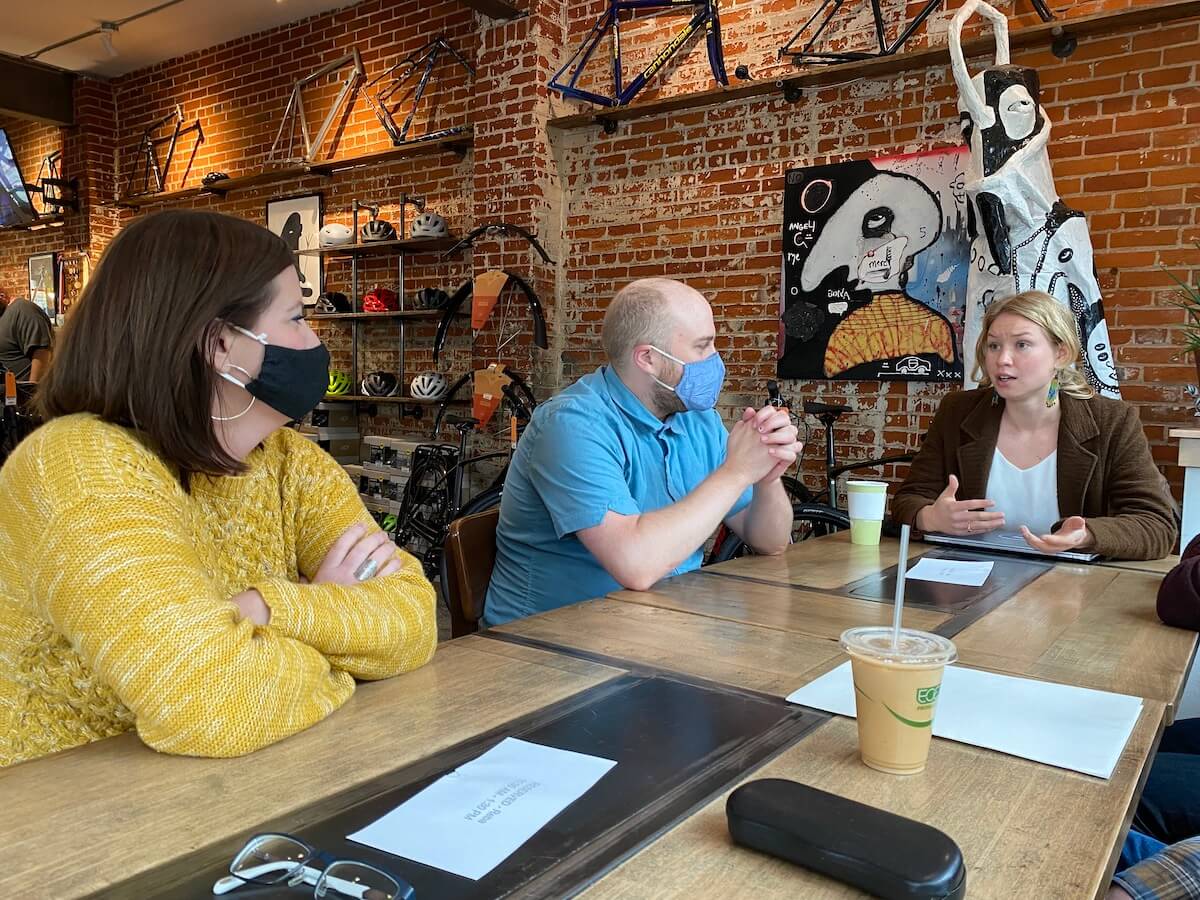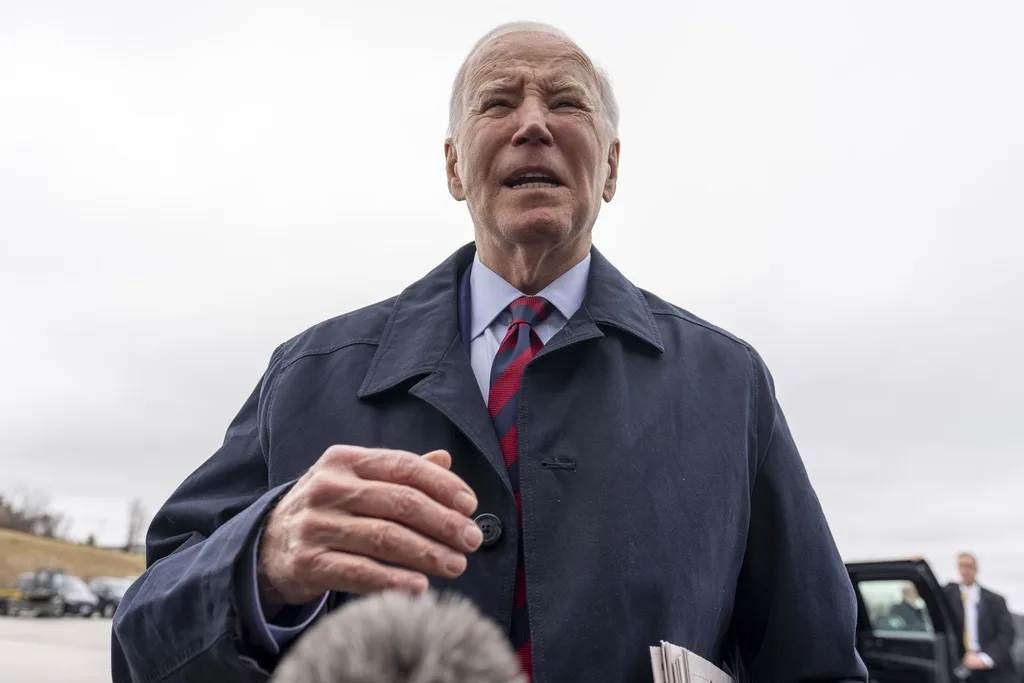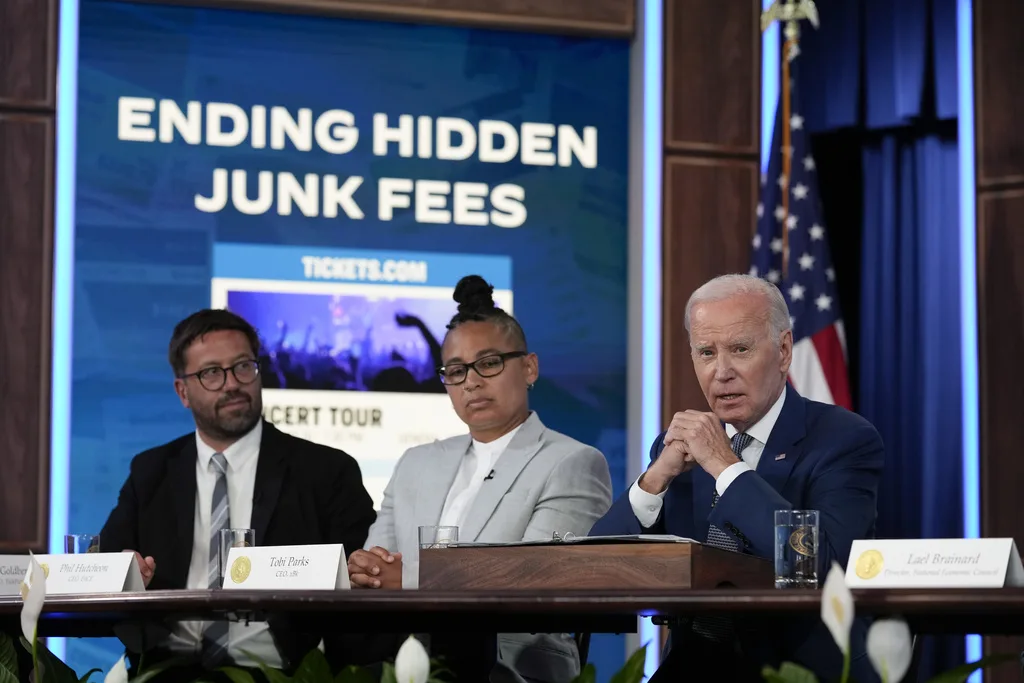
#image_title
#image_title
Wisconsin Economic Development Corp is working with the Evers Administration to invest $100 million in community infrastructure to attract more workers to state.
For 15 years Jack Jensen has worked in the services industry, and like many people employed in that sector he has worked for minimum wage and tips, often barely eking out enough of an income to pay his bills.
For much of the coronavirus pandemic, Jensen was unemployed. His job as a bartender went up in smoke because the irus posed the threat of infection for service workers. He worked as a writer during that time, but needed monetary assistance to get by.
These days life is looking up for Jensen. He works as a bartender at the Dive Bar and Informalist in downtown Eau Claire, where his employer pays him a higher wage than he’s previously made.
“They give me a livable wage and benefits, and that makes it easier for me to pay my way,” Jensen said. “It takes a lot of the anxiety and stress off me.”
Prompted by a worker shortfall because of the coronavirus pandemic, employers are increasing wages and are offering other benefits to fill job openings. In addition to pay, many companies are now offering other benefits, such as paid time off, scheduling flexibility, and job training.
Attracting Workers
Even with those measures, and businesses such as fast food companies offering hourly wages of $18 or more in some locations, many employers say they can’t attract enough help. . According to a survey by Wisconsin’s largest business lobbying group, Wisconsin Manufacturers & Commerce (WMC), 86% of the state’s employers report needing more workers. According to CNN, nearly half of companies nationally say they face an employee shortage.
To address the situation, the Wisconsin Economic Development Corp. said it’s working with Gov. Tony Evers to invest $100 million in community infrastructure to attract more workers. Last week WMC wrote a letter urging Evers to spend $3 million to renew a marketing campaign to attract workers.
Speakers gathered at an event Thursday in Eau Claire to discuss the current situation, said a growing number of businesses in the city are raising pay and offering other benefits to bring in new employees and retain existing ones. The event was put on by the group Opportunity Wisconsin, which has criticized Sen. Ron Johnson (R-Oshkosh) for supporting a law that rewards companies that ship Wisconsin jobs to foreign nations.
RELATED: Wisconsin’s Labor Movement is Having a Big Moment
To continue to attract employees to Ramone’s Ice Cream Parlor in downtown Eau Claire, Kayla Midthun, who owns the business with her husband Blayne, said they do what they can to accommodate their employees. Seemingly simple actions, such as offering them a flexible schedule, can go a long way to retain workers, she said.
“We can’t always match the pay of bigger businesses,” Midthun said. “But we try to treat our team like they’re family. That goes a long way toward their wanting to work for us.”
Casey Utke works for software company Jamf, which has an office in Eau Claire. He said the actions taken by the company to establish a worker-friendly atmosphere make the business an attractive place to work. In addition to good pay, Jamf provides workers schedule flexibility and volunteer opportunities to engage in the community.
“It shows that they care about their employees,” Utke said. “They give you the time to do what you need to do, and they give you the time to allow you to give back to the community.”
‘Stepping Up’
Such employee-friendly actions are becoming more commonplace among some businesses, said Phil Swanhorst, president of the AFL-CIO Great West Central Labor Council. But more businesses need to boost worker wages and offer other benefits, especially as much of that has disappeared as labor unions have lost much of their clout in recent years.
“More employers are stepping up,” he said. “But more needs to be done.”
As in the private sector, the public sector is struggling to attract workers too, Swanhorst said. Even before the pandemic, finding workers for public sector professions was more difficult because of benefits reductions and frozen pay, he said.
“We can’t attract enough teachers or firefighters,” Swanhorst said. “You can’t beg people to be bus drivers. And we are begging for them.”
Event speakers said federal coronavirus assistance has helped keep them afloat financially. Like other business owners, the Midthuns were forced to shut down their ice cream shop after the coronavirus began. Paycheck Protection Program funding was vital to their business getting up and running again, Midthun said. And the child tax credit approved by Congress earlier this year has helped her family pay bills, she said.
Jensen said unemployment assistance helped many workers put out of work by the pandemic. He is grateful for his job, grateful he can afford to see a doctor for the first time in several years. But he knows many service workers are still struggling financially who would benefit from policies to help them.
“There are more people (who politicians) represent than just those who are making lots of money,” he said. “Everybody has value.”
Politics

‘Radical’ Republican proposals threaten bipartisan farm bill, USDA Secretary says
In an appearance before the North American Agricultural Journalists last week, United States Department of Agriculture (USDA) Secretary Tom Vilsack...

New Biden rule protects privacy of women seeking abortions
Under the new rules, state officials and law enforcement cannot obtain medical records related to lawful reproductive health care with the goal of...
Local News

Readers Poll: Top Bowling Alleys in Wisconsin
Looking for the best bowling in Wisconsin? Look no further! Our readers have spoken in our recent poll, and we have the inside scoop on the top...

8 Wisconsin restaurants Top Chef judges are raving about
Top Chef’s 21st season is all about Wisconsin, and on-screen, it’s already apparent that the judges feel right at home here. But, while filming in...




